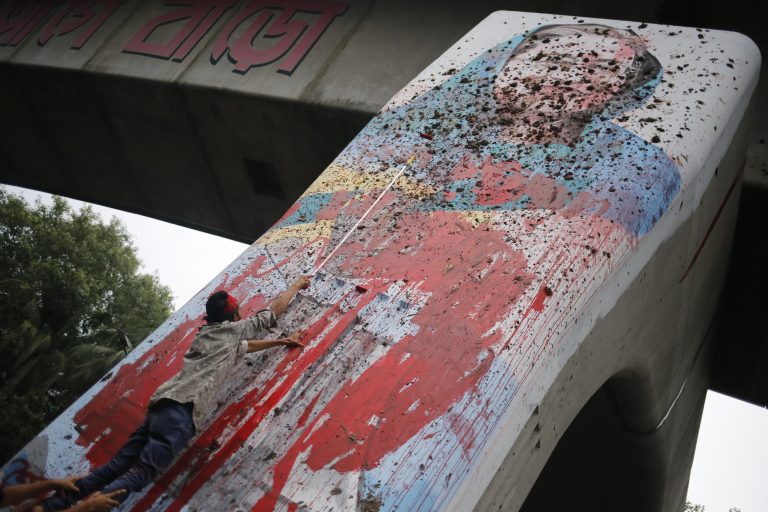Special Branch of Police (SB) has issued a nationwide security alert for possible unrest and violence between 29 July and 8 August, marking the first anniversary of the July uprising that toppled the previous government.
In a confidential directive sent to various police units on Monday (28 July), the Special Branch flagged the risk of attacks on government and private establishments, as well as the spread of anti-government propaganda during this period. The alert specifically noted that a “coordinated political group,” particularly supporters of the former ruling Awami League, might attempt to instigate unrest.
The letter instructed security forces to intensify surveillance in the capital Dhaka and all major cities, enhance protection of key installations, monitor the movement of suspicious individuals and vehicles, and strengthen cyber intelligence operations.
“Programmes announced by anti-fascist groups could potentially be diverted into violent actions,” the letter stated. “Opposition elements may exploit the situation to escalate tensions.”
The warning comes amid a series of public events organised by political parties and civil society, including the National Citizen’s Party (NCP), to commemorate the July uprising, which saw massive student-led protests culminating in the ouster of the Awami League and the installation of an interim government headed by Nobel laureate Muhammad Yunus.
While authorities describe the alert as a precautionary measure, political analysts and rights groups have expressed concern that it may serve to justify the suppression of dissent. Human rights organisations point out that allegations of repression—similar to those levelled against the Awami League during last year’s upheaval—are now being made against the interim administration as well.
The police directive coincides with the final stages of a national dialogue aimed at drafting a new constitutional charter, led by the National Consensus Commission. The heightened security alert during such a critical political moment has fuelled further anxiety among opposition parties and civil society observers.


